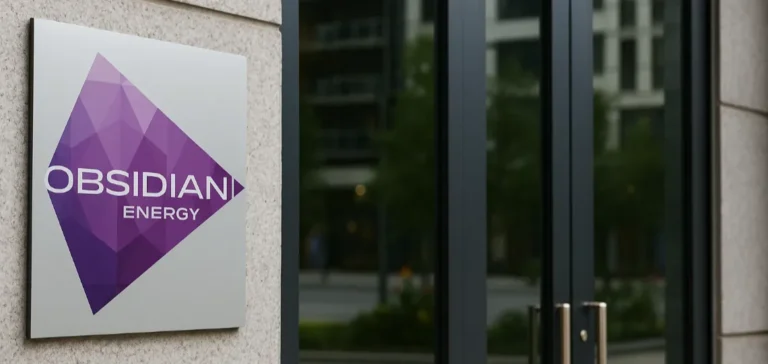Obsidian Energy Ltd., a mid-sized oil and gas producer based in Calgary, completed a partial repurchase offer of its 11.95% unsecured notes due in July 2027. The transaction, which closed on August 12, 2025, initially targeted a maximum aggregate amount of CAD 48.4 million. However, only $1.4 million worth of notes were actually tendered and accepted under the offer.
Settlement was carried out upon completion of the offer. Notes were eligible for repurchase in minimum denominations of $2,000 and additional increments of $1,000. Under the stated terms, any note submitted below the minimum denomination threshold was considered ineligible.
A Partial Buyback with Limited Implications
The low participation rate suggests a restrained interest from bondholders in liquidating their positions at this stage of the debt’s lifecycle. As a result, the total outstanding amount of the notes remains largely unchanged, at $110.8 million following the operation.
The company did not disclose the precise motivation behind the partial offer. However, such moves are often associated with proactive liability management or maturity profile optimization. No indication was given regarding potential similar future actions.
Technical Terms and Regulatory Framework
Computershare Investor Services Inc. served as the tender agent for the transaction. Payment for accepted notes will be made as promptly as practicable, in accordance with the terms outlined in the purchase offer dated July 31, 2025.
This repurchase does not constitute a general public offer nor a solicitation to buy or sell in jurisdictions where such transactions are prohibited by regulation. Obsidian Energy remains listed on both the Toronto Stock Exchange and the NYSE American under the ticker symbol “OBE”.






















